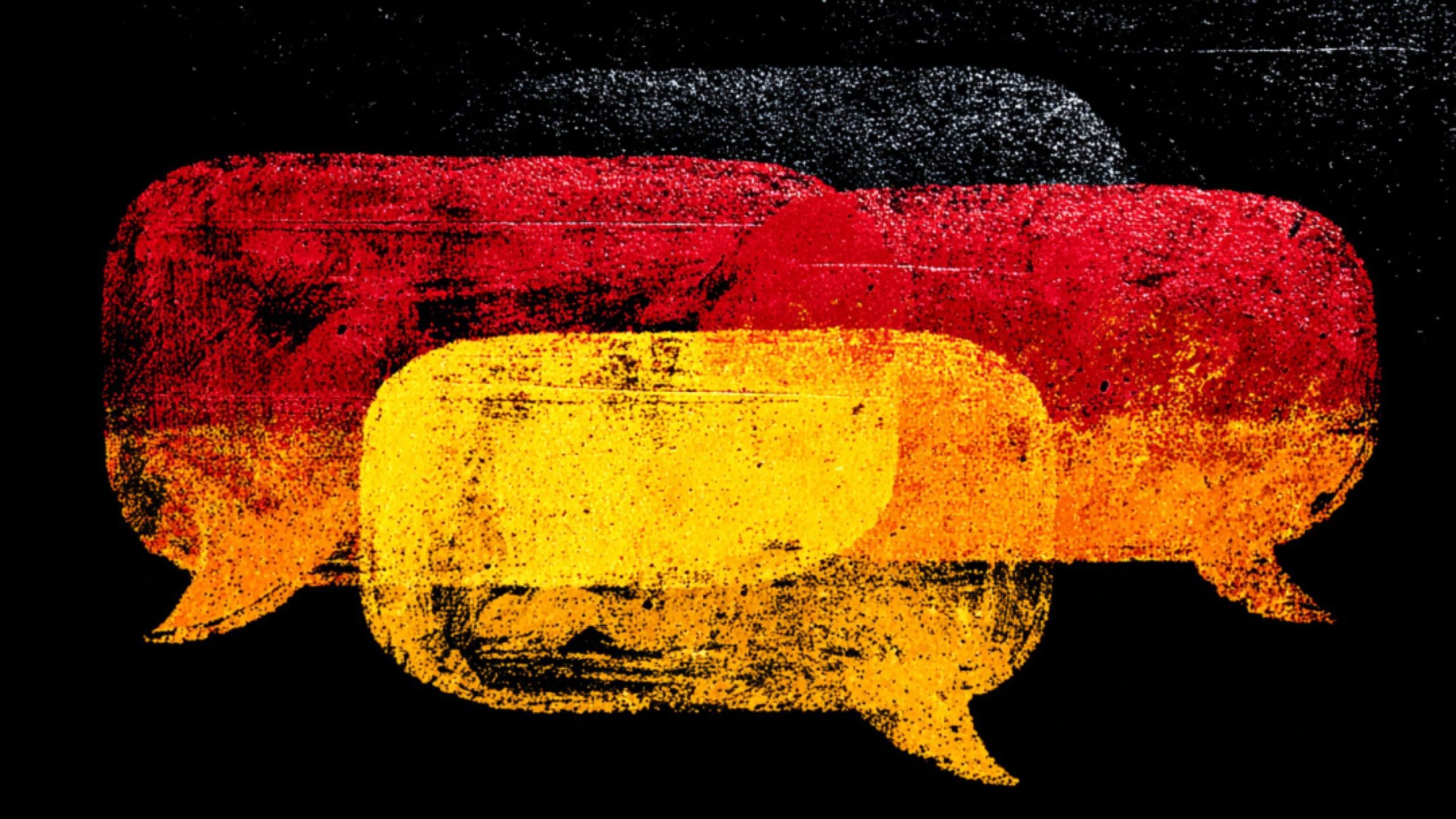Germany Rejects EU "Chat Control" Law, Effectively Halting Mass Surveillance Proposal

Germany has taken a decisive stand against the European Union’s proposed “chat control” regulation, blocking a plan that would have allowed the mass scanning of private messages in the name of child protection.
The government’s rejection, announced on Wednesday, has effectively stalled the legislation.
Justice Minister Stefanie Hubig made her position clear, stating that “unprovoked chat control must be taboo in a constitutional state.”
She argued that personal conversations should not be treated as inherently suspicious and insisted that the state must never compel companies to pre-screen messages.
“Germany will not agree to such proposals at EU level,” she said, confirming the stance of Chancellor Friedrich Merz’s administration after weeks of speculation.
The controversial EU plan, first proposed in 2022, would have granted authorities the ability to intercept and inspect messages and images shared through encrypted platforms like Signal and WhatsApp.
More: X Urges EU to Reject “Chat Control 2.0” Surveillance Law Threatening End-to-End Encryption
Talks among EU ambassadors continued this week, but Germany’s refusal to support the proposal has shifted the balance of votes within the bloc.
Because of Germany’s population size and voting power, its opposition makes it nearly impossible for the regulation to pass in the Council.
Concerns about privacy and freedom have united lawmakers across party lines. Irene Mihalic of the Greens described the proposed system as a direct threat to basic rights. “Even the planned AI systems, if you look at it, have extremely high error rates and would produce millions of false reports, which would also mean a massive burden for the investigating authorities,” she said. “And the actual cases would probably get lost in the data heap.”
CDU/CSU parliamentary leader Jens Spahn voiced similar objections, calling the plan unacceptable. “We, the CDU/CSU parliamentary group in the Bundestag, are opposed to the unwarranted monitoring of chats. That would be like opening all letters as a precautionary measure to see if there is anything illegal in them. That is not acceptable, and we will not allow it.”
The government’s decision is being celebrated by privacy advocates across Europe. Dr. Patrick Breyer of the Pirate Party described the outcome as “a tremendous victory for freedom and proves that protest works! Facing a wave of calls and emails from the public, the Social Democrats are holding their ground, and for the first time, even the conservative leadership is voicing criticism. Without the tireless resistance from citizens, scientists, and organizations, EU governments would have passed a totalitarian mass surveillance law next week, spelling the end for digital privacy. That we stopped this—for now—is a moment to celebrate.”
Dr. Breyer urged the European Commission to withdraw the legislation permanently.
“EU Commission President Ursula von der Leyen must now admit the failure of her dystopian Chat Control plan. The Commission must withdraw this irreparable bill for good, as it has failed to find a majority in the Council for years. Instead, it should embrace the European Parliament’s alternative, which delivers effective child protection without mass surveillance: safer apps through ‘Security by Design,’ proactive clearing of illegal content online, and swift takedown obligations.”
He concluded with a warning that the struggle for privacy is not over: “Today proves that our protest has the power to stop a totalitarian surveillance system that has no equal in the free world. But the threat is not gone. The proponents of Chat Control will use every trick in the book and will not give up easily. We will keep fighting until this proposal is defeated once and for all, and the privacy of our digital lives is secure for everyone.”